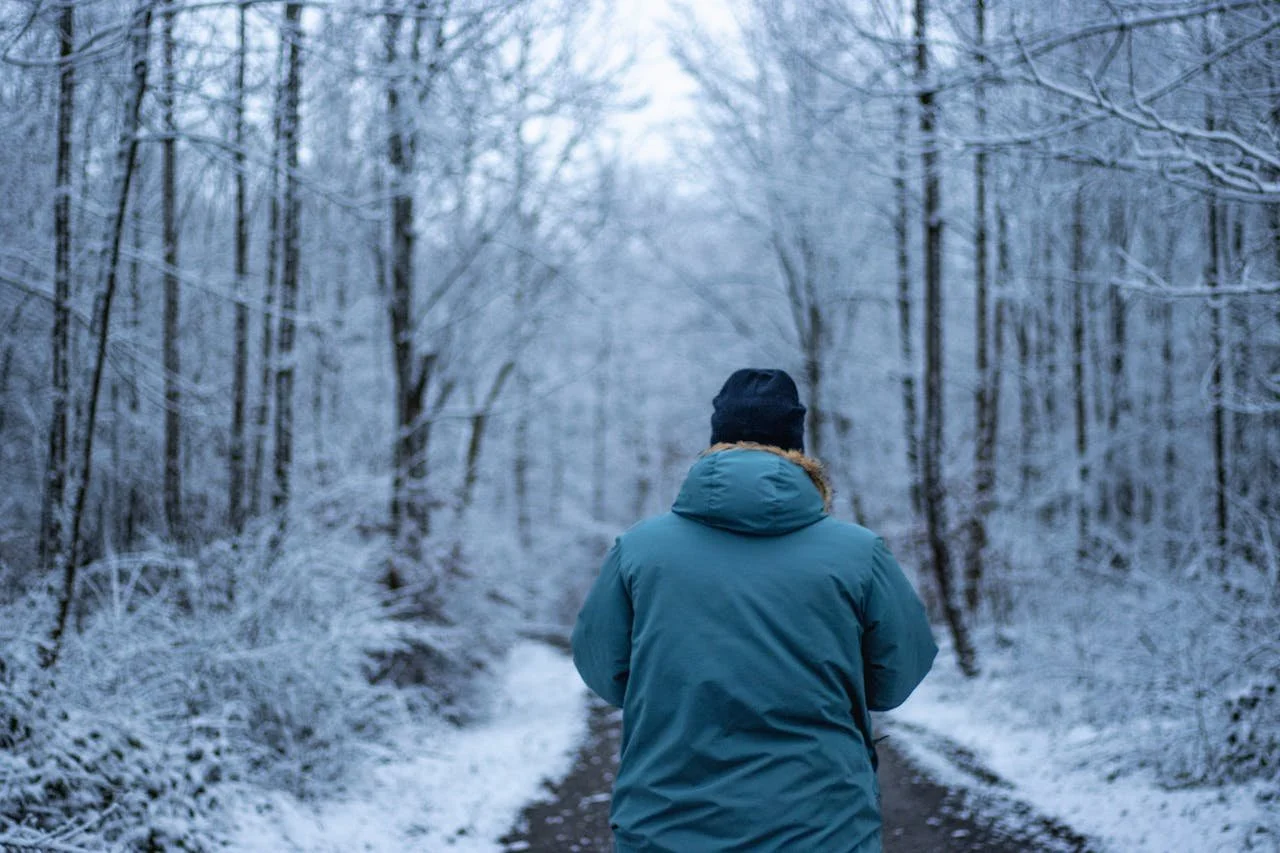What Is Seasonal Depression and How Can You Cope With It?
Do you notice that your mood tends to dip when the days get shorter? You’re not imagining things. It’s fairly common for people to experience seasonal depression throughout the winter. When you enjoy fewer hours of daylight, the weather is colder, and the mood outside seems dreary, it’s only natural that your emotions might reflect the season itself.
A smaller percentage of people experience seasonal depression in the summer due to high humidity and scorching temperatures that have a detrimental effect on their wellbeing.
If you’re tired of feeling down every winter, there are lots of effective coping strategies for dealing with seasonal depression. Let’s explore the various potential causes of seasonal depression, as well as a few things you can do to combat these feelings.
Causes of Seasonal Depression
Why do some people experience seasonal depression? Some people believe that it’s because a lack of sun exposure in the winter leads to decreased vitamin D levels. Depression symptoms are one indicator of a vitamin D deficiency.
Additionally, time changes and shorter daylight hours can disrupt your circadian rhythm. This throws off your sleep schedule and leaves you exhausted. The cold weather can push you to spend most of your time inside. Plus, a lack of physical activity and fresh air can also bring your mood down.
If it’s snowing or sleeting outside throughout the winter where you live, it can be tougher to make spontaneous plans with friends. Once the holiday gatherings are over, you might feel socially isolated.
Vitamin D Supplements
If you’re living with seasonal depression, consider talking to your doctor about supplementing with vitamin D. You may want to make an appointment for bloodwork to check your vitamin D levels. Depending on where you live, you may not be able to get adequate vitamin D through sun exposure in the winter, so supplements can be an easy solution.
Spending Time Outside
Spending time outdoors in the winter might not seem appealing. But it’s still good for your physical and mental health, even if it’s chilly outside! Make sure that you have comfortable, warm outerwear. You might want to commit to going for daily walks, or bundling up and going for hikes. With the right gear, you may be surprised by how much fun you can have outdoors in the winter!
Moving Your Body
During the winter, it’s normal to feel a little sluggish. Staying warm inside while indulging in comfort foods around the holidays can feel pleasant in the moment. But in the long run, a lack of physical activity can bring down your mood. Consider investing in a gym membership, signing up for regular yoga classes, or joining a recreational sports league that practices an indoor sport.
Today, there are also plenty of options for home workouts. You could follow along with exercise videos in your bedroom or set up a home gym with an exercise bike and free weights. If you live near an area where you can practice winter sports like ice skating, this could be the perfect time to give it a try!
Connect With Loved Ones
With the exception of holiday parties, it can be tougher to make plans with your loved ones and socialize during the winter. Bad weather can shut down travel, and when it’s cold out, you might be more tempted to simply stay home rather than attending any social gatherings. Try to make regular plans with your friends to combat the isolation of the winter months.
–
Are you trying to cope with seasonal depression? A depression therapist can help you navigate this time of year. Call or email us to book your first session.

